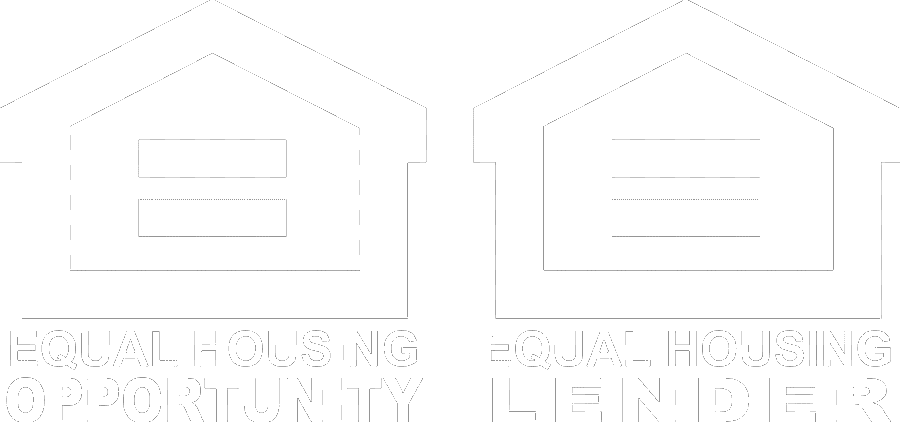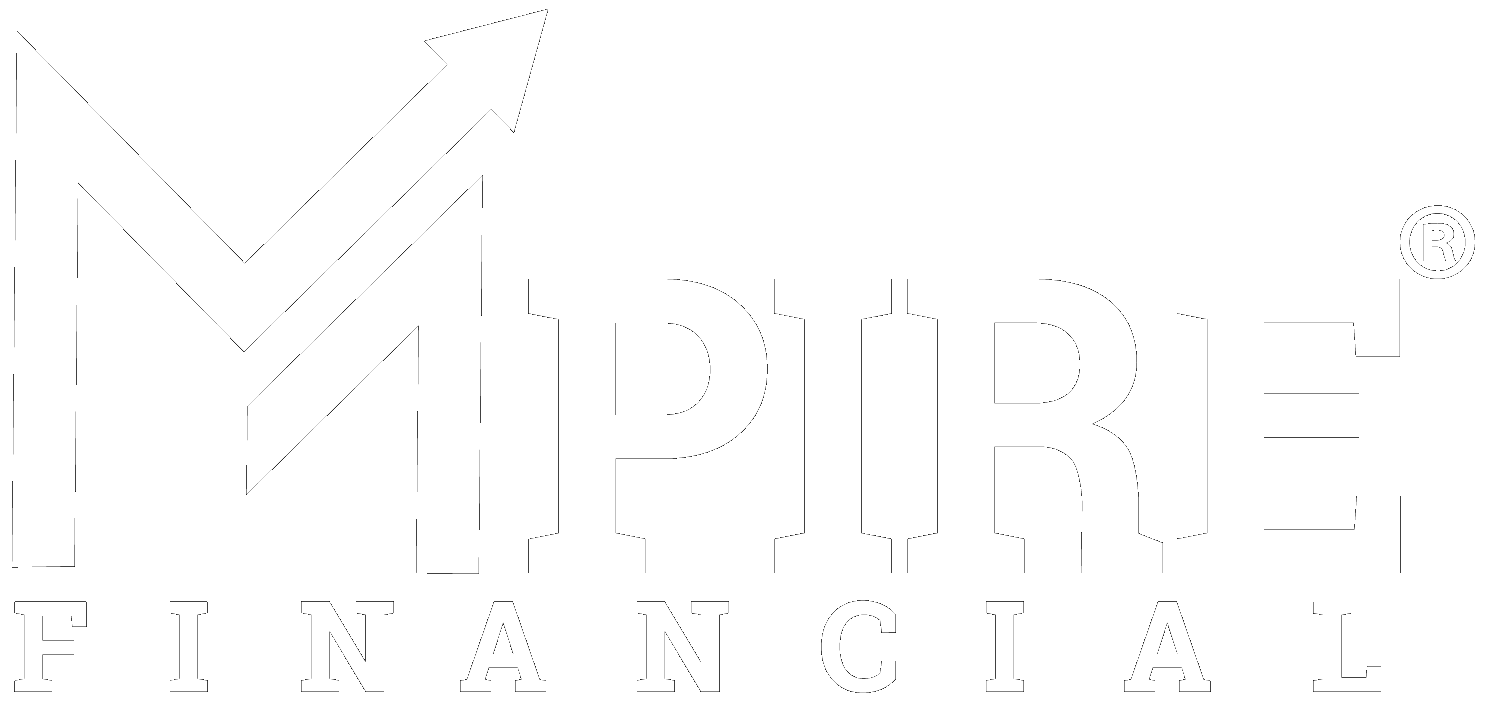404 Page Not Found
It looks like the page you're looking for has moved or no longer exists. Reach out to us and let us know so we can fix it!
Sorry for the trouble
So sorry about the missing page trouble. I'd still love to chat with you about your mortgage though.
Click the button below to schedule a loan consultation with me, if there's anything I can help you with.
Navigation
Contact Info
Proudly serving the entire state of Florida and beyond!
Mailing Address:
189 S Orange Ave, Suite 2020, Orlando, FL 32801
Phone:
(863) 521-3034
Email:

Copyright © 2025 | Norman Frascona, NMLS #1893101
Mpire Financial Group LLC, NMLS #2108504
189 S Orange Ave, Suite 2020, Orlando, FL 32801
